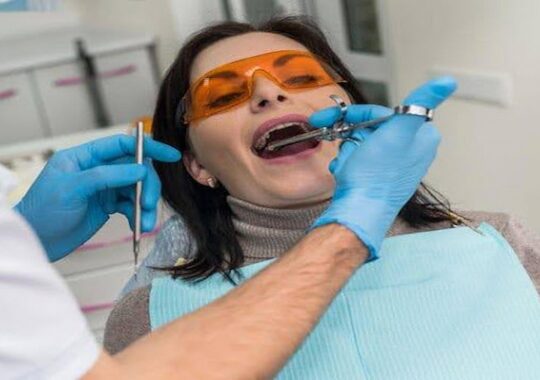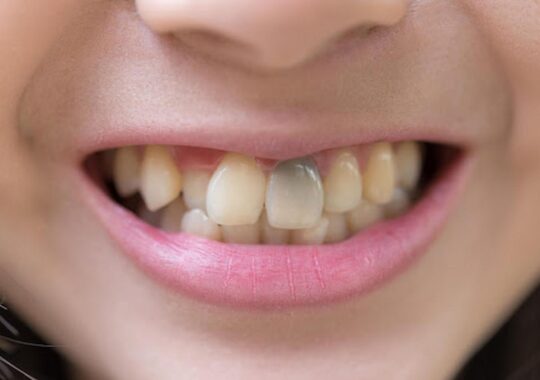Unlike what most believe, not all dental emergencies are urgent, and some don’t require immediate dental care. Dental emergencies are considered one of the most concerning dental problems, damaging your teeth if you leave them untreated. In most emergency cases, visiting your reliable dentist is necessary to protect your oral health and prevent further discomfort. But the truth is that not all dental emergencies are urgent, and understanding this difference can save your teeth. For instance, delaying your visit with your emergency dentist if you have a cracked tooth is the worst decision you can make. According to an emergency dentist in new Westminster, nearly a quarter of adults don’t seek on-time treatment for their decayed teeth. On the other hand, some dental emergencies may not require the same level of urgency, and you can visit your emergency dentist a few days later. In such conditions, you can call your dentist and receive helpful instructions to protect your gums and teeth while waiting for dental care services. If you want to learn about the differences between urgent and non-urgent, continue reading this article.
What Are Urgent Dental Issues?
Conditions in which you feel intolerable and persistent toothache are usually regarded as urgent dental emergencies. In these cases, visiting your emergency dentist is the most important thing you should do in order to save your teeth. Some common urgent dental emergencies are:
- Dental abscess
- Sharp tooth pain
- Loose tooth
- Large dental cracks
- Knocked-out tooth
- Broken tooth
Most dental emergencies have a flexible schedule, and you can visit outside office hours if you are lucky enough. Otherwise, you can call your emergency dentist to know what can eliminate your pain and how soon you can visit your dentist.
How To Handle Urgent Dental Issues?
- Tooth abscess – you should seriously avoid touching the infected part of your gums. Make an appointment with your emergency dentist as soon as possible to receive the most suitable treatment and eliminate the pain and discomfort. The severity of your condition will determine whether you need a root canal, tooth extraction, scaling, or root planing from your emergency dentist.
- Knocked-out tooth – if you don’t want to lose the knocked-out tooth, it’s necessary to visit your emergency dentist within 30 minutes of the accident. Try to pick up the tooth by the chewing surface and avoid touching the root. If the tooth root gets damaged, there will be no way to restore your shiny, beautiful smile.
- Toothache – before calling your emergency dentist, it’s better to floss your teeth carefully and rinse warm saltwater. It can help you to remove all food caught between your teeth. If the toothache does not subside, it’s essential to make an appointment with your emergency dentist right away.
What Are Non-Urgent Dental Problems?
If the dental emergency you are experiencing isn’t urgent, it’s fine to wait a few days to visit your emergency dentist. Here are some non-urgent dental emergencies we list below:
- Dull toothache
- Small dental crack
- Missing crown, bridge or filling
- Food caught between teeth
Don’t forget that the sooner you seek emergency dental care, the better chance you have to restore your beautiful smile and prevent permanent damage to your teeth.






